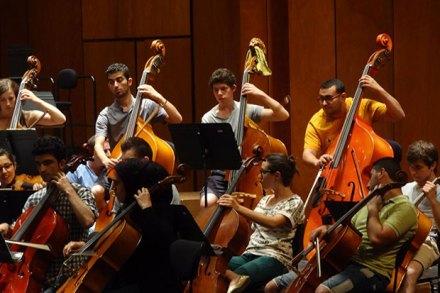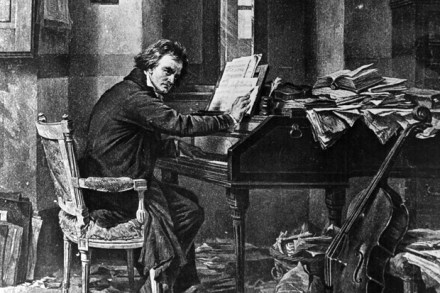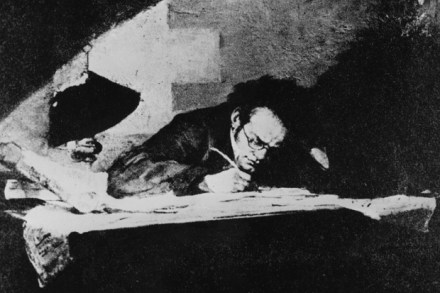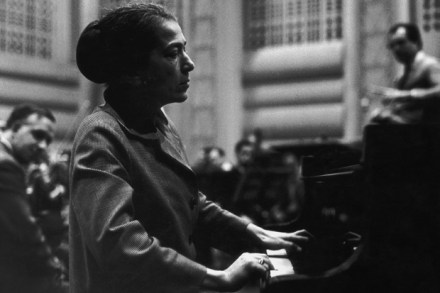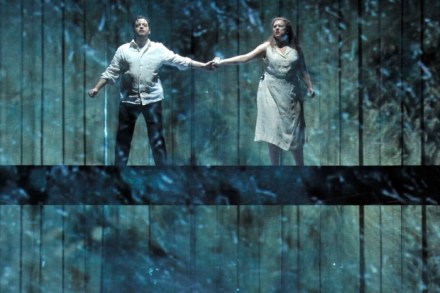Playing for high stakes
Now that even candidates for President of the United States can rise up from the undead dregs of reality television, it comes as no surprise to read that the National Youth Orchestra of Iraq owes its origins to a conclave of television execs. In 2008, Channel 4 and the independent production company Raw TV took upon themselves to campaign for a youth orchestra in Iraq, focusing their programme around the story of Zuhal Sultan, a 17-year-old Iraqi pianist. Later that same year, the Scottish conductor Paul MacAlindin was savouring a fish-and-chip supper in his favourite Edinburgh pub when his eye caught a headline in the Glasgow Herald about the same
